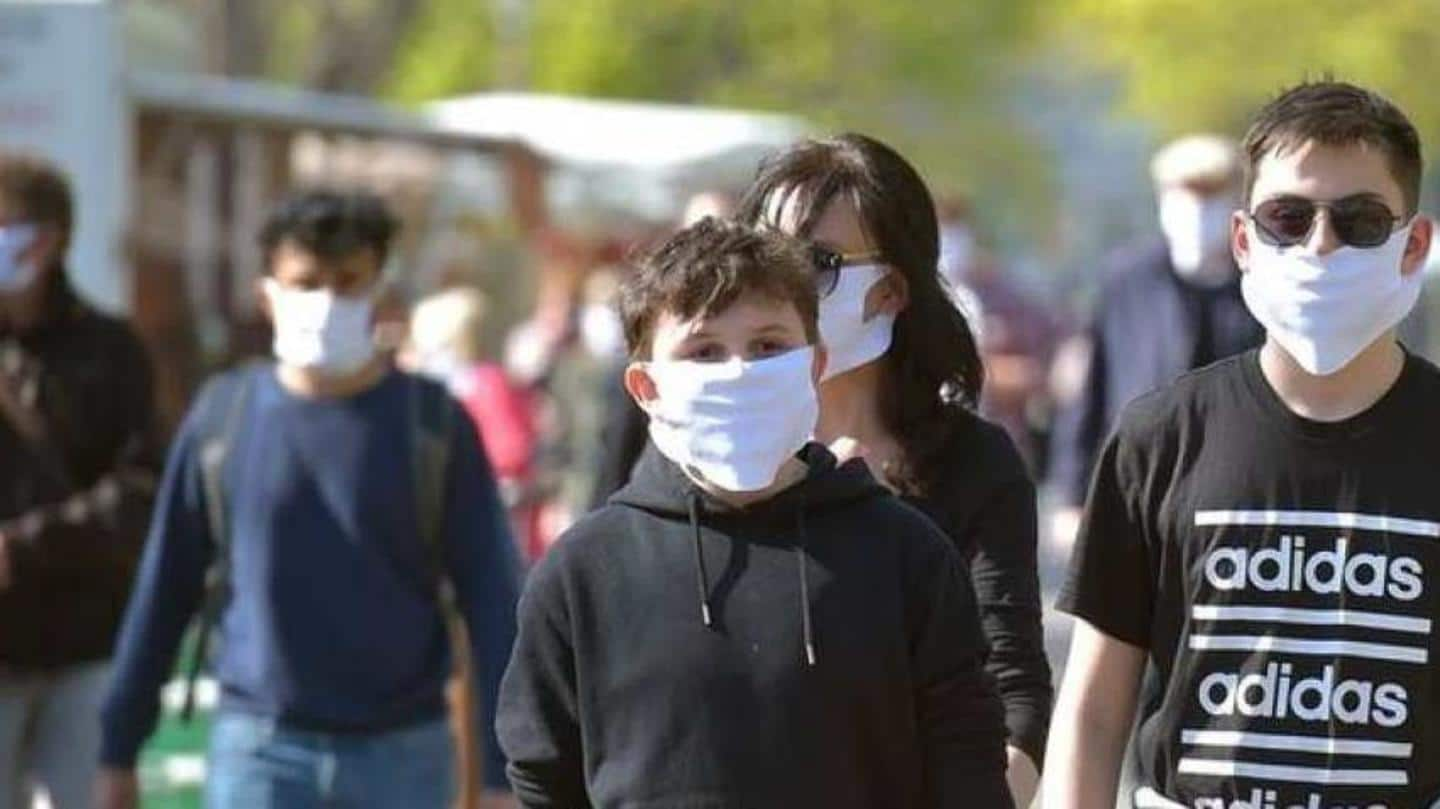
Germany introduces new restrictions as COVID-19 deaths hit record high
What's the story
On Wednesday, Germany entered a strict lockdown as the number of coronavirus infections has surged again in the European nation.
The country reported a massive spike of 27,728 new infections on Wednesday, along with 952 single-day fatalities, the highest daily increase yet.
Germany has now decided to shut schools and non-essential businesses to stem the spread of the viral disease.
Lockdown
What are the new restrictions?
Only essential businesses such as supermarkets and banks will be allowed to remain open.
Drinking alcohol in public places is forbidden and hair salons will also be shut. Companies have been urged to allow workers to work from home.
Restaurants, bars, and leisure centers will continue to remain shut.
These restrictions will be enforced until January 10, with a slight easing around Christmas.
Outbreak
How bad is the outbreak in Germany?
On Wednesday, Germany reported 952 new deaths and 27,728 more infections.
The nationwide tally has now risen to 13,79,238 infections and 23,427 deaths, according to the Robert Koch Institute for infectious diseases.
The institute has been overseeing the nation's COVID-19 response.
The institute's head, Lothar Wieler, said the situation is "more serious than it has ever been."
Quote
'Infections are higher than ever and they keep rising'
Wieler said, "The number of cases is higher than ever and they keep rising. There is the danger that the situation will keep getting worse and it will get harder and harder to deal with the pandemic and its consequences."
Vaccine
When will a vaccine be approved?
Meanwhile, the German government has been pushing the European Medicines Agency (EMA) to accelerate emergency use authorization (EUA) to the COVID-19 vaccine developed by Pfizer and BioNTech.
The vaccine has already been approved in several countries, including the United Kingdom, where vaccinations had started last week.
The EMA will review the issuance of EUA to the vaccine next Monday.
Other countries
What is the situation in other European countries?
Separately, France has replaced its second nationwide lockdown with a night curfew. Bars/restaurants will remain closed till January 20.
The Netherlands is under a five-week lockdown, the toughest restrictions so far. Non-essential shops, cinemas, hairdressers, gyms, and schools have been ordered shut.
On Wednesday, UK's London entered the highest tier of lockdown rules, shutting pubs/restaurants (except for takeaway and delivery) and indoor entertainment venues.